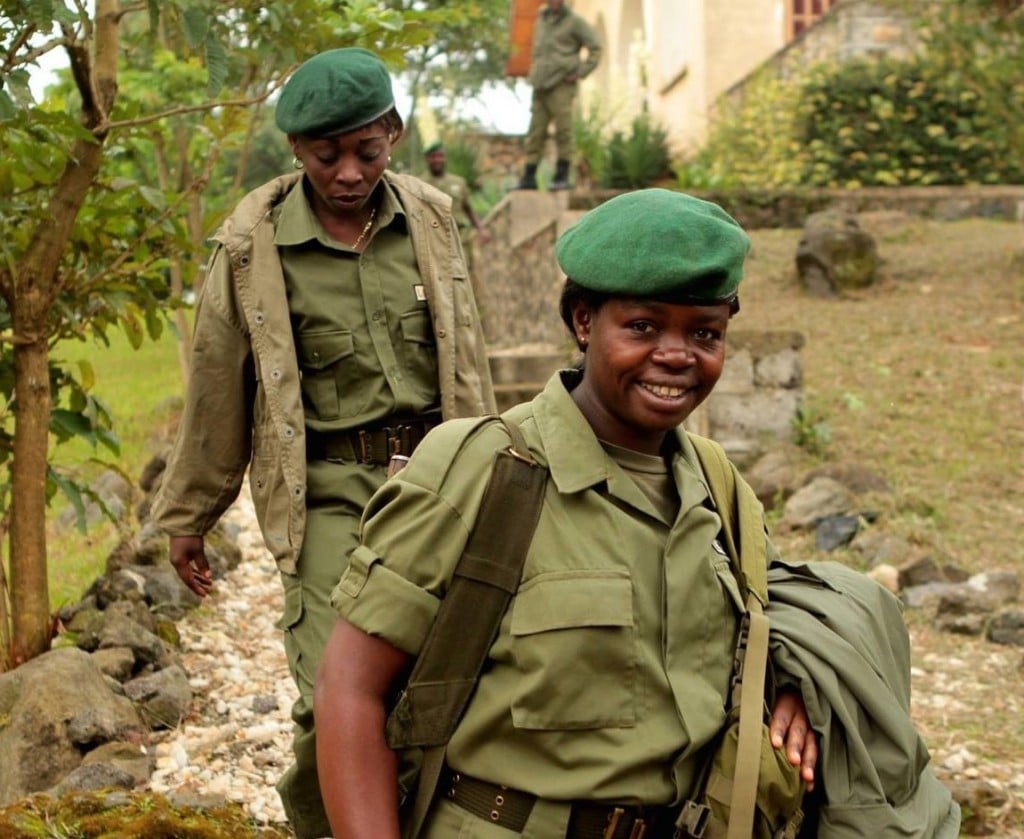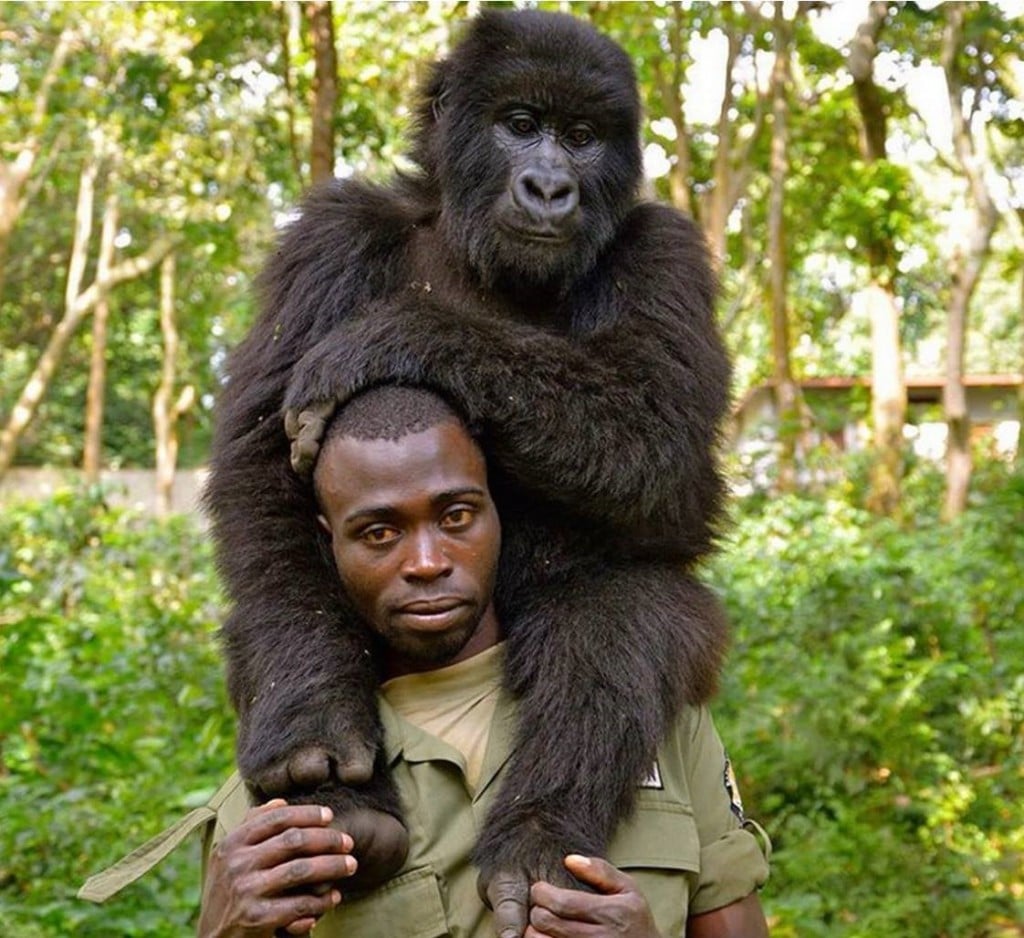Three out of every four African wildlife ranger say they have faced life threatening situations by community members or other people because of their work, according to a new World Wide Fund for Nature (WWF) study. Canotte Washington Wizards

On March 2016, two rangers working in the Virunga National Park in the East of the Democratic Republic of Congo (DRC) were killed purportedly by the Mai-Mai militia. Photo Credit/Virunga National Park
Results of the study speaks to ordeals faced by African rangers as well as their poor and challenging working conditions.
Air Jordan 11 For Sale Designed to
provide a snapshot of rangers’ personal views of their working conditions, and so gain a deeper insight into the factors that affect their motivation, the study surveyed 570 rangers across 12 African countries.
Miami Heat These specifically include six Central African countries: Cameroon, Central African Republic, Republic of the Congo, Gabon, and Uganda. “Africa’s rangers are doing an incredibly dangerous job with one hand tied behind their backs: putting their lives and the continent’s wildlife at even greater risk,” said Fredrick Kumah, WWF Africa Director. “Bravery is not enough: we must provide these heroic men and women…with the best available tools and training to give them the upper hand against the poachers.” Wildlife rangers in Central Africa and Africa in general routinely face torture and injury.
nike air max command cuir Many more are killed on duty.
Boston Celtics On March 2016, two rangers working in the Virunga National Park in the East of the Democratic Republic of Congo (DRC) were killed purportedly by the Mai-Mai militia. It is not the first time that the Mai Mai militia have attacked rangers in the Virunga. In May 2008, this same militia ambushed a unit of 12 wildlife rangers on patrol near Rwindi in Virunga National Park killing some and wounding others.
buy ffxiv gil cheap Since 2004, about 150 rangers have been killed in Virunga alone. Similar violence is inflicted on wildlife. According to WWF, “around 30,000 elephants and a record 1,338 rhinos were killed in Africa while countless other animals were poached and trafficked, feeding an illegal wildlife trade that is increasingly being driven by international organized crime.”

59 percent of rangers surveyed in the study felt they were insufficiently equipped and 42 per cent felt they lacked sufficient training to do their jobs safely and effectively. Photo Credit/Virunga National Park
Another central purpose of this study is also to provide evidence to influence and improve government policy towards those on the wildlife frontline.
AIR ZOOM VOMERO 12
“The growing influence of organized criminal networks means governments must rapidly professionalize their ranger force, but many seem quick to promise action but slow to provide the necessary investment,” said Elisabeth McLellan, WWF Head, Wildlife Crime Initiative. Andrew Luck Stanford Jersey “Poaching threatens communities and economies as well as species: investing in better equipment for rangers and the establishment of new training centers is a price worth paying.” 59 percent of rangers surveyed in the study felt they were insufficiently equipped and 42 per cent felt they lacked sufficient training to do their jobs safely and effectively. Also, the study found that wildlife rangers ranked low or irregular pay as one of the worst aspects of their job and a poor work/life balance with 47 per cent seeing their families for just five to ten days a month. In many cases, WWF says, “African rangers lack not only sufficient weapons and vehicles, but also more basic necessities like boots, shelter and clean water supplies. Under Armour UA Curry 1 Across the continent, there are only a few specialized ranger training centers.


